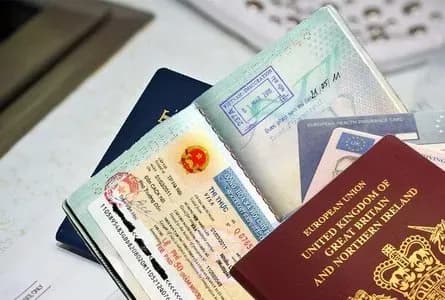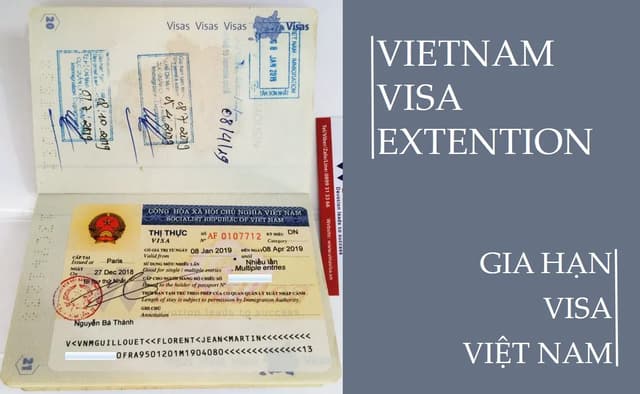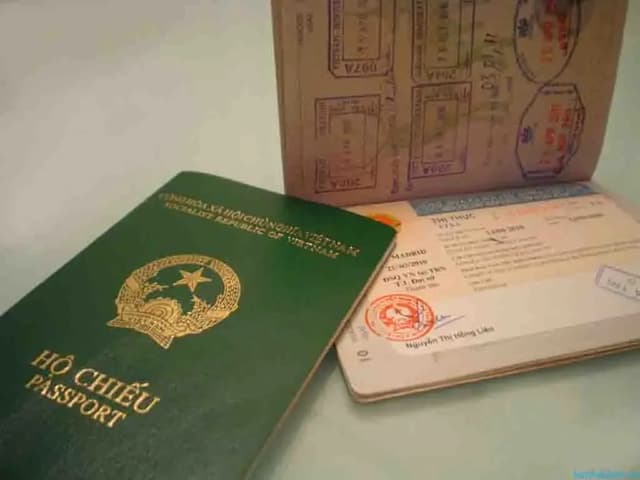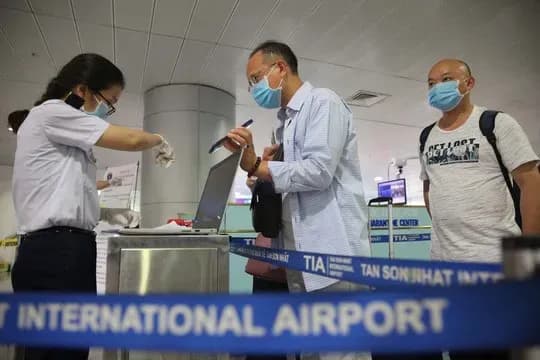Who owns the land? Why do citizens have the right to own land?
By Hoa Nguyen
14/12/2024
This article explains clearly who owns land and why citizens do not have the right to own land according to the law. Through this study, you will have a deeper insight into the land management mechanism and the role of the State in ensuring the rights of citizens in land use.
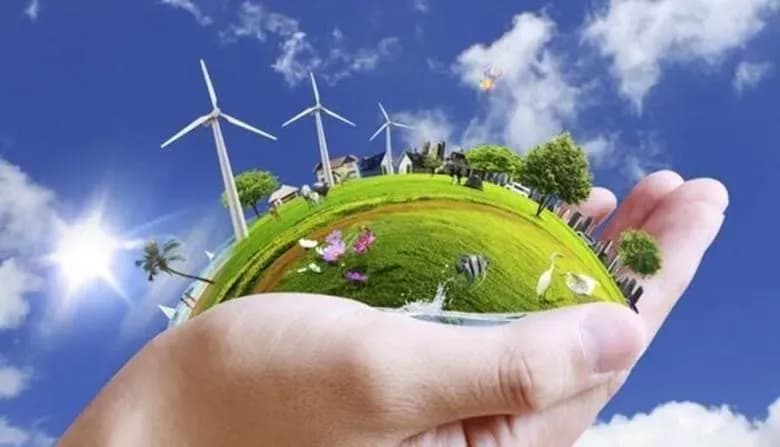
1. What is land?
According to the provisions of law in Clause 2, Article 4 of Circular No. 14/2012/TT-BTNMT on Technical regulations for land degradation investigation issued by the Minister of Natural Resources and Environment, land is understood as follows:
“Land is a land area with specific boundaries, locations, areas and relatively stable or changing but cyclical, predictable properties that affect the current and future land use of natural, economic and social factors such as: soil, climate, terrain, geomorphology, geology, hydrology, flora, fauna and human production activities.”
Thus, according to current legal regulations, land can be understood as a piece of land, a plot of land with a fixed location in space, cannot be moved according to people's subjective will, and is recognized by law for its existence.
2. Who owns the land?
Our Party's viewpoint is that land belongs to the entire people, assigned to the State as the representative owner, for unified management and effective use. This viewpoint is institutionalized by the State in the Constitution and laws.
Pursuant to Article 53 of the 2013 Constitution, it is stipulated that:
“Land, water resources, mineral resources, resources in the sea, airspace, other natural resources and assets invested by the State, management of public assets owned by the entire people, represented by the State as owner and uniformly managed”
Pursuant to the provisions of Article 4 of the 2013 Land Law, land ownership is regulated as follows:
“Land is owned by the entire people and is represented and uniformly managed by the State. The State grants land use rights to land users in accordance with the provisions of this Law.”
Article 197 of the 2015 Civil Code stipulates:
“Land, water resources, mineral resources, resources in the sea, airspace, other natural resources and assets invested in and managed by the State are public assets owned by the entire people, represented by the State as owner and uniformly managed.”
According to the interpretation of the current Land Law, land is considered to belong to the entire people and the State is the representative owner. The State is the representative of the entire people regarding land, it performs the function of comprehensively managing its territory.
The State has the following rights over land: Deciding on land use, appraising land use planning and plans, allocating land, leasing land, and reclaiming land. The State allows land users to be allocated, leased or recognized land use rights, along with deciding on the obligations and rights of land users.
Thus, in this way, land owned by the state and invested in is the property of the whole people, not of any individual. The state is the representative of the whole people regarding land, it performs its function of comprehensively managing its territory.
To ensure the land use rights of all people, important events such as land allocation, land lease to foreign countries for large-scale investment, and important land policies with impact must be passed. On the other hand, all citizens have the right to use land and benefit from land. At the same time, we have the obligation to invest in land reclamation, land protection, and economical and effective use.
3. Do people have the right to own land? Why?
People do not have private ownership of land. People have certain rights granted by the state, but they are not owners with full rights to possess, use, and dispose of these assets.
Pursuant to Article 4 of the 2013 Land Law on land ownership:
“Land is owned by the entire people and is represented and uniformly managed by the State. The State grants land use rights to land users according to the provisions of this Law.”
Pursuant to Clause 2, Article 5 of the 2013 Land Law, regulations on land users:
“Land users are allocated land by the State, leased land, have land use rights recognized, and receive land use rights transfers according to the provisions of this Law, including:
……
2. Domestic households and individuals (hereinafter referred to as households and individuals);
This means that people use land when the State allocates land or leases land for use. People are not owners of allocated land, they are only land users. Only the State, as the representative of the entire people's land ownership, has the right to dispose of land.
Organizations, households and individuals using land have legitimate rights and interests protected by the State but do not have the right to dispose of land. For any act of violating the State's right to dispose of land, depending on the nature and severity of the violation, appropriate measures will be decided to handle the violation according to the provisions of current land law.
Therefore, it can be affirmed that, Land belongs to the entire people, all Vietnamese people exercise their ownership rights through the representative, the State. People do not have private ownership of land.
Every citizen has the right to use land and enjoy the benefits from land use. These rights are exercised within the limits prescribed by law. In case the State needs to reclaim that land for another purpose or to transfer it to another person, the land user is obliged to return the land to the State without the right to refuse.
Vietnam visa application service for foreigners
By Hoa Nguyen
16/10/2024
Our Vietnam visa application service provides a quick and convenient solution for foreigners who need to enter and temporarily reside in Vietnam. We provide short-term and long-term visas for tourism, business, investment and visiting relatives. With a simple and professional process, we ensure to save time and bring satisfaction to customers. Contact us now for support!
Extend Vietnam visa procedures for foreigners
By Van Vu
16/10/2024
Extending Vietnam visa for foreigners is one of the important services to ensure legal residence in Vietnam. We provide a fast and simple visa extension process, suitable for various types of visas such as tourism, business, and visiting family. With attentive and professional support, we commit to bringing convenience and peace of mind to customers during the visa extension process. Contact us for detailed advice and support on extending Vietnam visa procedures.
Procedures for applying for visas for foreigners working in Vietnam
By Van Vu
16/10/2024
This article provides detailed instructions on the procedures for applying for visas for foreigners working in Vietnam, including short-term and long-term visa types, as well as corresponding conditions and expiry dates. In addition, information on legal regulations and necessary documents is also provided to support foreign workers and businesses in carrying out procedures effectively and legally.
Visa issuance for foreigners at international border gates
By Van Vu
21/10/2024
According to Article 18 of the Law on Entry, Exit, Transit and Residence of Foreigners in Vietnam 2014, the issuance of visas at international border gates for foreigners is regulated in detail.

